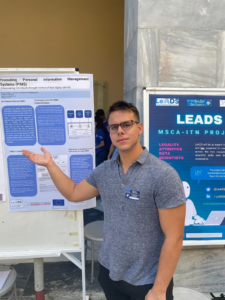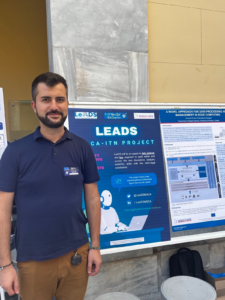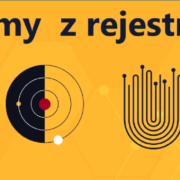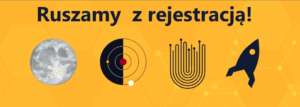LeADS Lunch Seminars

The LeADS Consortium is organizing a series of informative lunch seminars. These seminars will feature a stellar line-up of speakers who are experts in their respective fields. Attendees will have the opportunity to learn from and network with these renowned speakers, gaining valuable insights and expanding their knowledge base. The seminars promise to be engaging, thought-provoking, and informative, making them a must-attend event for anyone interested in leadership development.
“Carbon footprint of digital lifestyles – consumer information, behavioural intentions and demand for regulation”
Prof. Candida Leone (Associate Professor of Private Law, Faculty of Law, University of Amsterdam)
12th of April 2024 – 15:00-17:00
Teams link: Join the meeting now
Invited speaker: Cristina NITA-ROTARU Professor, Khoury College of Computer Sciences, Northeastern University
Title: Network-level Attacks in Federated Learning
Date: 18th April 2024, 16.00 – 17.00
Invited speaker: Prof. Tao Qian (China University of Political Science and Law)
Title: “AI and Copyright–Comparison between China and the EU”
Date: 23rd of April 2024 between 12:00-13.30 (Teams link: Join the meeting on Teams)
Invited speaker: Prof. Ricardo BAEZA-YATES Professor, Director of Research, Institute for Experiential AI, Northeastern University
Title: Responsible AI
Date: 25th of April, at 16:00 – 17:00 (hybrid)



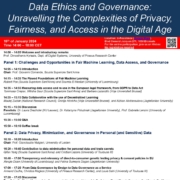
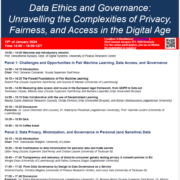
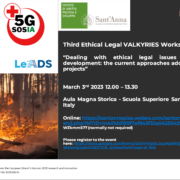
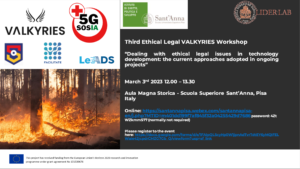
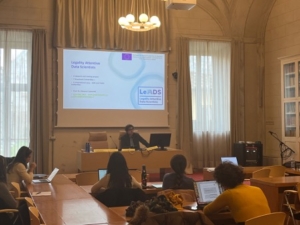
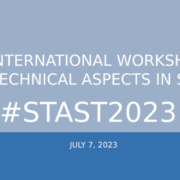
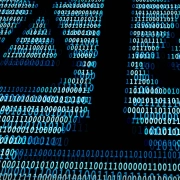
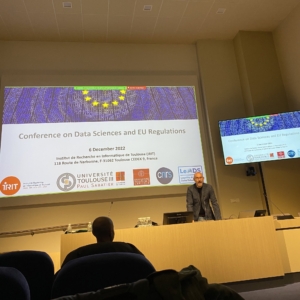
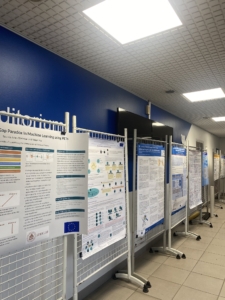
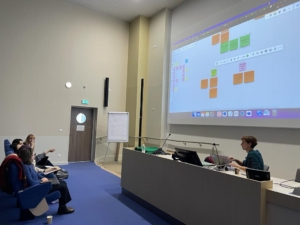
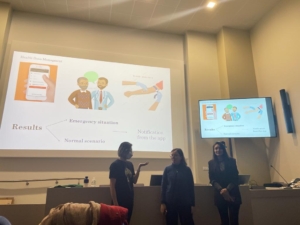
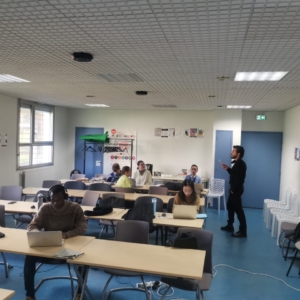
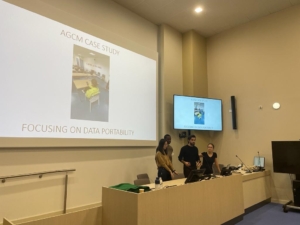
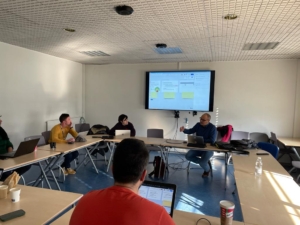
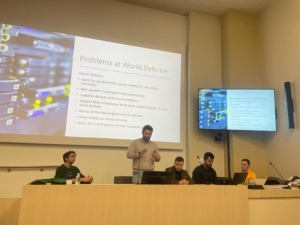



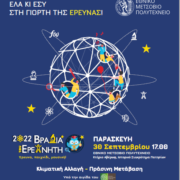
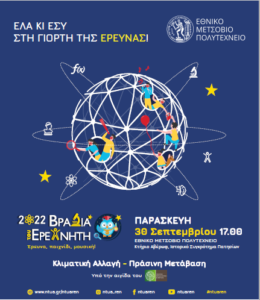
 An annual event in which all universities and research centers of the Attica region gathered to present the ongoing activities they are involved in. We were present at the “European Corner”, where the MSCA fellows presented their posters, ESRs addressed questions from not only the audience but also other researchers and students of both universities and schools.
An annual event in which all universities and research centers of the Attica region gathered to present the ongoing activities they are involved in. We were present at the “European Corner”, where the MSCA fellows presented their posters, ESRs addressed questions from not only the audience but also other researchers and students of both universities and schools. 